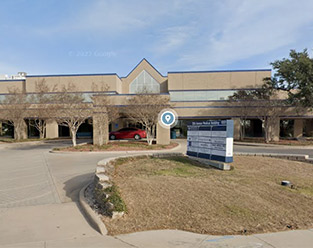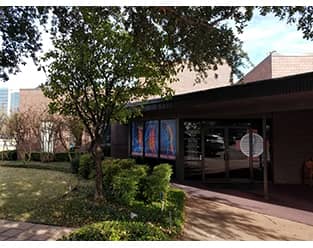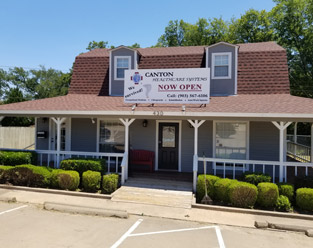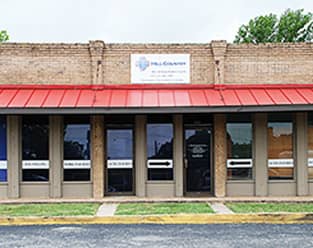Concussions
A concussion is a type of traumatic brain injury ( TBI ) that can occur as a result of a car accident, sports-related injury, fall, or other blow to the head. When the head sustains a significant impact, the brain can be shaken and jostled, which creates immediate (and potentially long-term) damage to brain cells.
The brain is an extremely important and sensitive organ. Even the slightest disruption to the brain can result in permanent and life-altering consequences. It is critical to receive medical attention the moment you suspect you may have a concussion. The symptoms can appear days or even weeks after the event.
Concussion Symptoms
Identifying concussion symptoms is extremely important to prevent further damage. Because the brain controls all physical and cognitive functions, even minor damage can generate lasting side effects. If you are able to recognize the signs of a concussion, you will be able to limit the impact of your mild brain injury and adjust your daily activity to protect your head and reduce your discomfort.
Concussions create a lot of confusion, especially if it is accompanied by other injuries. You may be in the throws of a football game or a significant automobile accident. Taking time to carefully address your overall mental and physical state after a serious collision will give you the opportunity to identify the symptoms of brain damage to limit your exposure to further injury. If you suspect that you could be at risk of sustaining a concussion after an impact to your head, watch for these early signs of a concussion:
- Headaches
- Blackouts
- Nausea
- Vomiting
- Cognitive issues
- Forgetfulness and memory issues
- Lethargy and fatigue
- Sleep disruption
- Irritability and mood swings
- Changes to your emotional state
- Increase in nervousness and/or anxiety
Long-term health effects can include brain damage and even death.
What to Do After a Concussion
The steps you take immediately after a concussion are extremely important. Taking these measures to start your concussion recovery off right and ensure the best actions for your overall health and well-being:
- Stop what you are doing immediately. After a concussion, your brain is in an extremely vulnerable state. If you continue your activities, especially any activity that places your head at further risk of impact, you run the risk of exacerbating your traumatic brain injury ( TBI ).
- Go to the emergency department. Have your condition properly diagnosed and stabilized if you notice concussion symptoms.
- Receive follow-up treatments and guidance. Ensure that you are recovering at a steady rate and are on pace to make a complete recovery of your original cognitive and physical abilities.
- Progressively resume your normal activities. Concussions have long-lasting effects to patients’ mood and overall mental state. This can make patients more irritable and sensitive to light. Even watching television can give concussion sufferers headaches. Be patient and take the steps necessary to limit your discomfort and ensure a complete recovery devoid of setbacks.
Treating Concussions
Advantage Healthcare Systems has the experienced experts who understand how to recognize, diagnose, and treat concussion symptoms. Our team will work closely with you to improve your cognitive state and carefully manage your symptoms. Whether you need medications to improve your headaches and nausea or guidance in recommending when you can resume regular daily activities, our physicians will help protect your overall health while you recover from your concussion.
To receive a comprehensive treatment approach for your cognitive, behavioral, or physical ailments, call our Dallas office at (877) 487-8289.





